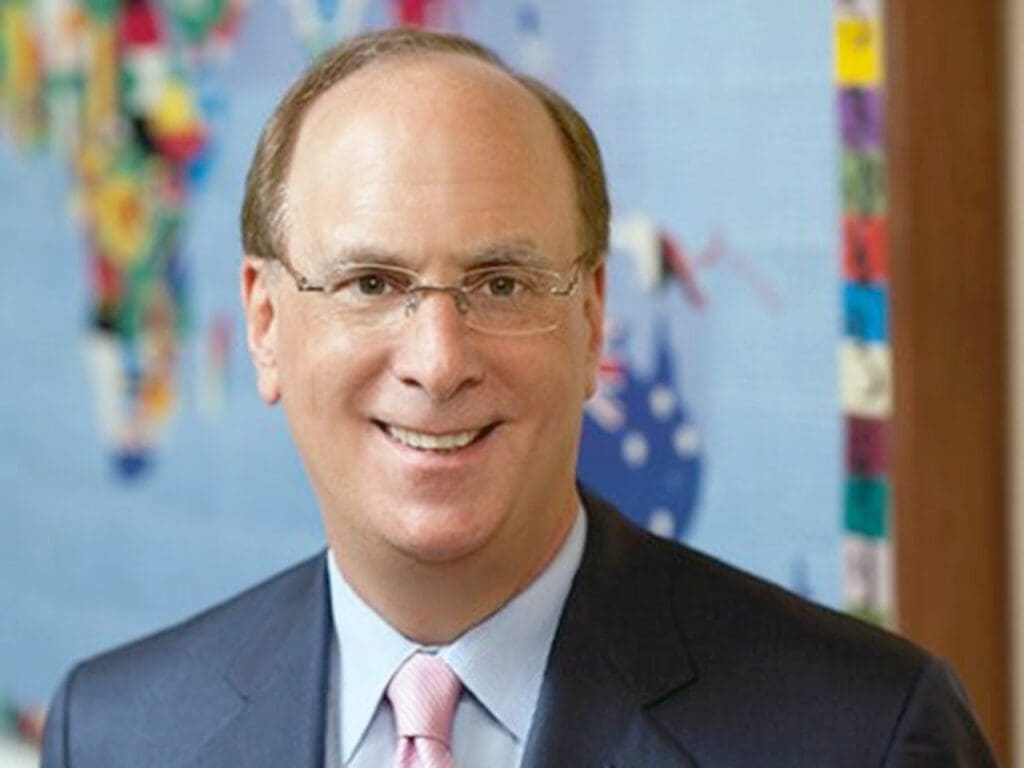You’d be forgiven for thinking that DeFi integration was dead.
After months of U.S. regulators’ blasting the crypto ecosystem for its “non-compliance” and over a year of evidence that some of the leaders in the space were far from trustworthy, “crypto” has become somewhat taboo.
However, this week the Financial Times reported that some of the financial sector’s most well-known names have continued the development of their own digital markets trading platforms. Making the bet that consumers are more likely to engage in the digital asset space through legacy institutions, they continue to believe in the power of DeFi.
Surprised? These institutions are not alone. Despite the chaos instigated by FTX’s fall, incumbents are still investing in tokenization infrastructure and blockchain integration.
“We’ve seen a tremendous increase in the interest and actual willingness to execute from financial institutions in the new Web3 world,” said Dan Doney, CTO of Securrency. “Rather than discouraging our institutional partners, this has actually dramatically accelerated their commitment to using blockchain tools and their desire to move out.”
Larry Fink, CEO of Blackrock, has, very publically, taken a positive stance on the potential for blockchain, despite the chaos. Mere weeks after FTX blew up, Fink took to the stage at Dealbook Summit 2022 and stated, “This technology is going to be very important…I believe the Next Generation for markets, the Next Generation for Securities, will be tokenization.”

He has stuck to this stance, stating in his 2023 annual letter to shareholders published in mid-March, “For the asset management industry, we believe the operational potential of some of the underlying technologies in the digital assets space could have exciting applications.”
“In particular, the tokenization of asset classes offers the prospect of driving efficiencies in capital markets, shortening value chains, and improving cost and access for investors. At BlackRock, we continue to explore the digital assets ecosystem, especially areas most relevant to our clients, such as permissioned blockchains and tokenization of stocks and bonds.”
Tokenization has been the “next big thing” for a while, but many have said regulation and infrastructure continue to stand in the way. Could its integration into traditional finance mean the tokenized revolution might really be just around the corner?
Related:
Tokenization in TradFi – why bother?
The DeFi industry has undergone significant upheaval, particularly in its quest to go mainstream. Like most innovations, it was built as a response to an issue, causing possible disruption of the financial system is just part of the playbook as adoption increases.
Traditional finance has stood for years, with incumbents acting as monoliths to its legacy. Infrastructure changes have been layered on top of legacy systems, leading to a maze of complexity that has made many challenging to mobilize quickly.

“That system was built up over the last 100 years…it has just been incrementally built on top of each other, which leads to many complexities,” said Jason Guthrie, Head of Product, Digital Assets at Wisdom Tree. “It leads to many of the inefficiencies and silos we see. So if we can rebuild it on this new tech that offers more efficient financial logistics, we’ve got a much more stable base in which to kind of build and evolve and iterate the business models.”
Blockchain provides an alternative – a lighter-weight, real-time, and efficient framework for business. However, it has no place in old systems, running instead alongside to provide efficiency.
“It’s not about abandoning the old things,” he continued. “It isn’t like equities or bonds don’t have a place in portfolios or the functioning of the monetary system or the economy. That’s not what’s going away. But how we can transfer the value around and keep a record of it will fundamentally change as we lose many intermediaries and build on this new technology.”
He explained that knowledge of the technology behind assets is excessive for the average person. Consumers’ primary focus is the financial system’s speed, cost, and ease of use. Blockchain could give this resolution.
“If we take the existing asset and just immobilize it somewhere, give you a record of ownership that’s digital (as a digital asset or a token), that then becomes more transferable, more transparent, can interact natively, with everything built in that ecosystem, it becomes much more usable without you having to do it with the underlying asset itself,” he continued.
“If you think about how you would build this sort of offering traditionally, you have to build a whole custom tech stack and then integrate it with each of the underlying asset classes that all operate uniquely.”
“The great thing about doing it all from scratch is everything gets built on the same technology. It means it all works the same, and there’s high interoperability between those assets.”
Traditional finance could fit into this system, particularly from the level of trust. Adoption on a large scale, driven by new crypto-centric entities, may have encountered a crisis given the past year’s scandals.
While a few specific entities have transported the industry to semi-household name status, the rumor mill is running on overdrive as to their viability. Those with little understanding of the space and who have read negative news of late are now even more unlikely to flick the switch to crypto-native.
Aside from benefitting from the efficiency of blockchain within their own infrastructure, traditional institutions may be the bridge to convince consumers of its opportunity for wealth creation.
Despite their opaqueness and equal ability to commit misdeeds (made ever clear by the banking failures of March), those still standing have decades of (relative) stability to their name. This credential and their positions as regulated entities could be the push to make your average Joe engage.


